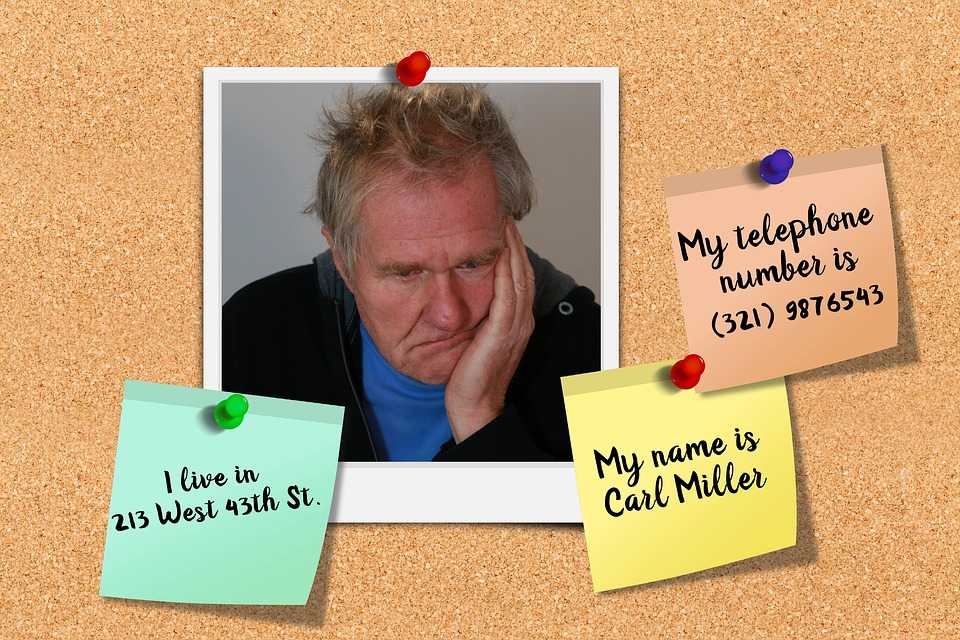
Effects Of Sleep Deprivation On The Brain
Sleeping is the only way that many species can charge their batteries so they can make it through another day. Yes, some species need more sleep than others. In the case of us humans, we need about 6 to 10 hours of sleep a night, depending on our ages and a number of other factors. When we consistently don’t get enough sleep, it has an adverse effect on how we navigate our way from one day to the next.
The question that has puzzled researchers for years is, “why is sleep so vital to our ability to function properly?” Therein lies the answer. Anything that has to do with the way we function is going to involve our brains. Therefore, it makes perfect sense that sleep deprivation somehow causes problems with brain function. But how?
Below, we are going to talk about seven ways sleep deprivation can affect brain function. Through understanding what lack of sleep is doing to your brain, it might explain why you should be taking whatever steps are necessary to make sure you are getting the sleep you need.
1. Improving Memory
If for a moment you were to consider that your brain is like a computer, you would realize that computers need downtime for the running of a backup process. That’s how you prevent the computer’s hard drive from losing what is in its memory. It’s the same for the brain.
Sleep is the time your brain needs to solidify and restore your memory. After a long day of receiving inputs, the brain needs time to consolidate long-term memory without receiving new input. This can be achieved by strengthening certain neural connections and also eliminating memories we don’t want or need. By eliminating unnecessary input, the brain has fewer data to sift through when we are trying to recall the memories we want or need.
2. Clearing Toxins From the Brain
Throughout the day, our bodies and are exposed to lots of toxins we take in through breathing and eating. Some of those toxins affect brain function. As we slow down and go to sleep, our brains use the slowed activity as an opportunity to start removing some of those toxins. That includes clearing toxins that can cause or enhance the effects of neurological disorders like Alzheimer’s.
3. Improving Cognition
If you have ever struggled to get enough sleep over even a short period of time, you no doubt have discovered it affects your ability to think and concentrate. It also affects the length of your attention span and your ability to make good decisions.
Sleep is necessary for higher cortical function. Without that, it becomes difficult to handle more than one task at a time. You may not realize it, but we humans are natural multitaskers when it comes to how our brains function. Without sleep, our brains slow down, preventing us from addressing more than one thing at a time.
4. Improves Creativity
Our ability to create and use imagination comes from the right side of our brains. Plenty of sleep studies have gone on to show that when we lack enough sleep, it’s difficult for us to get past objective thinking so we can think subjectively on the right side of our brains. Subjective thinking is where we are able to start doing things like creating imagery and thinking outside the box. If you want proof, ask a professional musician how difficult it is to create new music when they are sleepy.
5. Causing or Enhancing Depression
There is a component of depression that is caused by sleep deprivation. When we don’t get enough sleep, it affects our circadian rhythm (daily sleep-wake cycle). That, in turn, has an adverse effect on certain body functions, which can create a feeling of sluggishness. When we don’t feel right, it can create a sense of depression. If we are already psychologically prone to depression, it can make it much worse.
6. Affects on Physical Health
Without proper rest and sleep, we lose the energy we need to take care of ourselves. We lose the drive to exercise, and we lose the ability to focus on eating properly. Also, the lack of sleep can slow down brain function, which could result in the decrease of hormone secretion. Without proper hormone levels, our bodies become more susceptible to physical diseases and disorders.
7. Lack of Sleep in Kids Can Affect Parents
If our kids aren’t getting enough sleep, it affects their behavior. As they try to navigate their way through each day, they become lethargic and irritable. Also, kids need sleep to promote brain and body growth. If they have issues with sleep deprivation, the slowing of hormone production can cause significant problems with the way their brains and bodies mature.
If you’re not getting enough sleep it’s time for a change. Try and sound machine or get a new memory foam mattress. Don’t go through life with brain fog from not sleeping well at night. Not getting enough sleep has long-term consequences and you might not even realize it.






